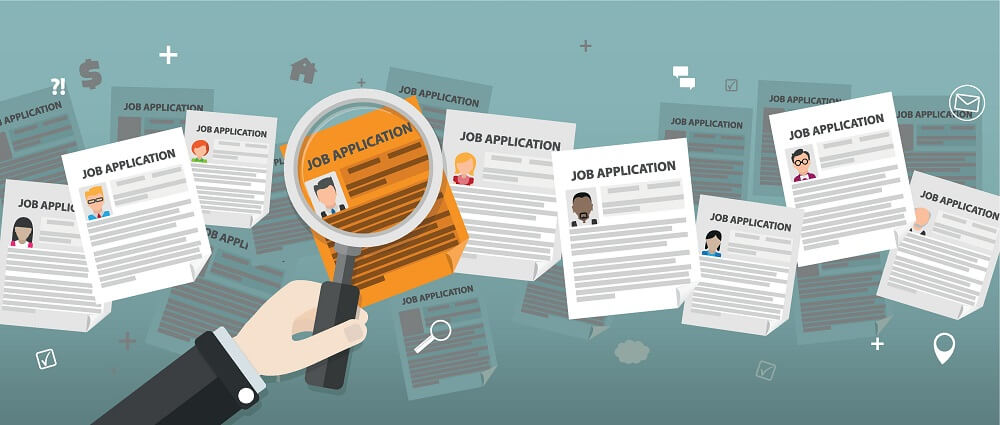Do your research first
When you find a job that you would like to apply for, take some time to prepare as it will make the process much easier. First collect information you will need such as your educational qualifications, employment history and contact information for your referees.
Do some research on the company or business that you are you are applying for. Browsing their social media channels and website are good places to start.
Break down the job description so you can so you can be specific when responding to skills and qualities the employer is looking for. Make sure you read the application carefully to ensure that you complete it correctly and know when the deadline is.
Cover letter
A cover letter is a brief letter to be included with your application and is generally the first thing a potential employer will see. This is where you will need to highlight the reasons why you are the best candidate for the position. Always send a cover letter unless they say not to.
For tips on how to write a cover letter, head to Tips on Writing a Successful Cover Letter
Resume
A resume is a more detailed document that contains essential information that employers will need to consider your application. It will detail your personal details, career objective/summary, education, work experience, skills, strengths or interests and your referees.
For tips on how to write a cover letter, head to Tips on Writing a Successful Resume
Find out more about the company
Look for information about the company online, look at their webpage for the services the company offers and any other relevant information. If they have a Facebook and Instagram page, these may be worth looking at to see how the company presents it self publicly.
Writing tips
When applying for jobs, employers are looking for confident applicants who can convince them of their capabilities, do not ramble on, give short to the point and positive answers to the questions.
- Put into practise using descriptive words such as adaptable, effective, consistent, and determined.
- Use verbs such as transformed, inspired, achieved, and delivered.
- Be to the point when answering the questions.
- Only use examples of skills that are relevant to this job.
- Do a spelling and grammar check.
Always have someone proofread your application before you submit it.
When applying online
Most jobs are now applied for online whether it be through an employer’s website or job board. Most of these websites will ask you to register your details or create an account. This allows you to save your work as you go and go back to your application over time to get it right. Most of these sites will be different so carefully work through the questions and make sure everything is filled out correctly.
Make sure you print the completed application out and read it through before you submit it.
Finally make sure you have uploaded any relevant documents before you submit it.
The application form
This is the first step to impress the employer so you will need to make the employer want to meet you or progress to the interview. Typical sections on an application form include:
- Personal Information – this will be basic details such as name and email address.
- Educational Qualifications – provide information of all your qualifications including any short course you may have completed’
- Employment History or Work Experience – List your employment history starting with most current and list the main duties you have performed ensuring you emphasise those that most closely relate to the job description that you are applying for.
- Questions based on Competency – this will be aimed at times you have performed these duties in previous employment. Give specific detail where you have demonstrated those skills and do not waste time writing about skills you have that are not relevant to this job.
- Statement on why we should give you this job – this is where you must write a well-structured argument on why they should give you this job over somebody else. Do not be afraid to sell yourself, demonstrate your passion for the job and how you can add value to the business. Always target the key points on the job description.
Dealing with job rejection
Remember not everyone can get the job so whether the rejection comes through not getting an interview or, after the interview either way can be disheartening. It can have an impact on your confidence moving forward especially if it happens more than once. The main thing to remember is many other applicants are in the same boat as you so do not take it personally.
Try sending them an email thanking them for their time and ask them to provide feedback on why you were not successful; this can help you approach the next application with more confidence. Maybe it could be things like improving your resume or doing further training or study to improve your chances next time.
If you are struggling to get to the interview stage, you may need to consider gaining extra work experience, or up-skill through undertaking a course with a Registered Training Organisation and expand your networks through social media.

